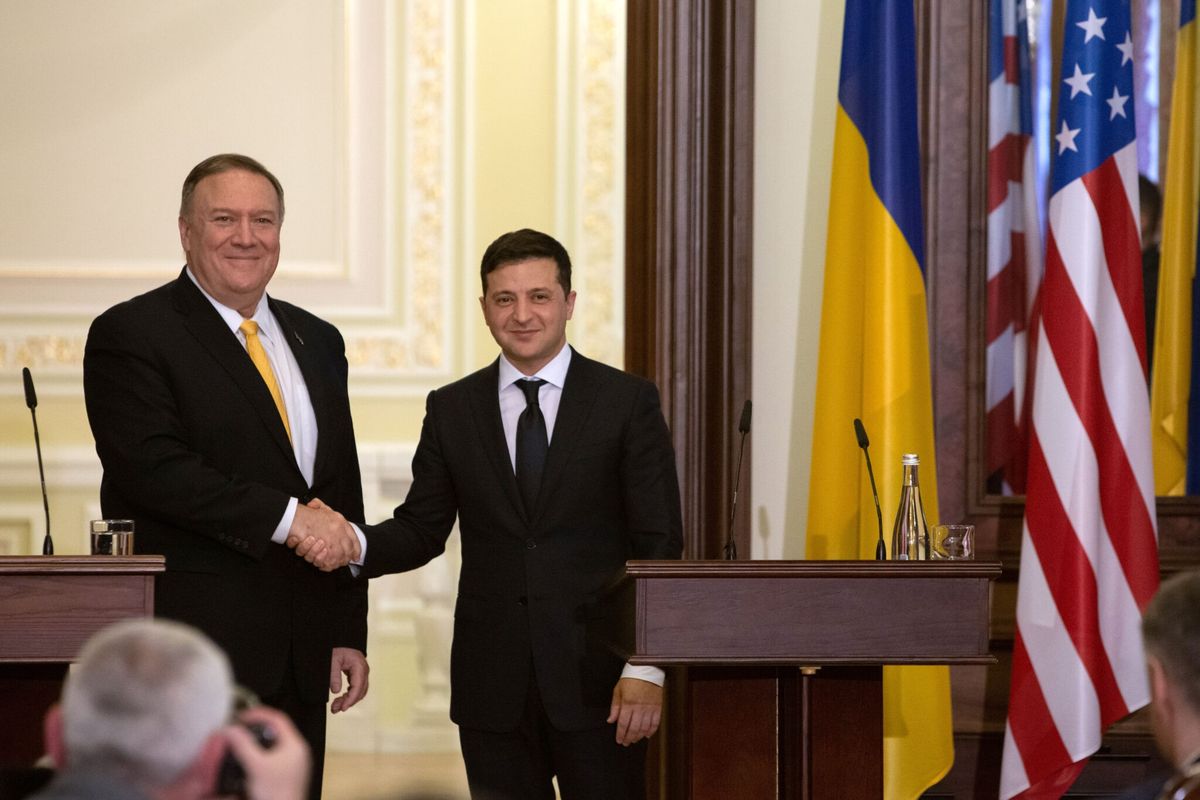In recent weeks, debate over much needed immigration reform has reached a partisan crescendo. Elected representatives have argued whether prospective immigrants should be measured as individuals or on the basis of positive or negative characteristics of their homeland.
I’d like to add my firsthand experience to that debate, and speak in defense of those prospective immigrants – including and perhaps especially from some of the countries that present the greatest threat to the U.S. – because I’ve proudly worked alongside first-generation immigrant CIA officers who were key to our capability to recruit spies and steal secrets.
Before departing for a tour as chief of station in a South Asian warzone, I took a substantive training course on the region. One of the instructors was a first-generation immigrant from South Asia, who had been raised and lived many years where we were deploying. His extraordinary insight enabled me and my colleagues more effectively to bridge cross cultural differences. What we learned helped us immeasurably to conduct espionage, which ensures that overseas threats are not visited on our shores.
That course reflected the ethos of inclusion, which has become a key part of how the CIA does business. For CIA analysts and collectors, it means striving for a 360-degree optic on the most complex challenges. Key stakeholders rally around the table to ensure leadership does not neglect a key issue, viewpoint or point of analysis. Rank melts away to an informal exchange of information, where everyone’s input matters. An intelligence officer’s input can mean the difference between life and death, especially when planning a high threat meeting with a terrorist source.
And that viewpoint matters equally whether you’re a fourth generation American or only recently arrived. The best leaders for whom I worked enabled a diverse and inclusive environment, which resulted in bringing the CIA’s best assessment to the Situation Room table.
I served many years in war zones where incorporating the principle of inclusion was also critical to our success. We recognized how fostering inclusion was straightforward when we were defending ourselves together from incoming rocket attacks. But we also took these lessons to the more traditional overseas locations where CIA operated as well as our headquarters.
On one occasion when I was serving in an overseas warzone, we were trying to develop a sensitive source, whose reporting would save U.S. lives. We rallied our entire team, which included subject matter experts as well as officers responsible for analysis, security and collection. We were a group with diverse skills, backgrounds and viewpoints with one collective mission: to make secure contact with this individual and develop a relationship with him so that he would betray his country on behalf of U.S. national security.
Everyone in our group made an impact, but one first generation intelligence officer in particular, who spoke the target’s native language with perfection, exquisitely guided our work.
This officer’s understanding of the target’s family background, religion and psychological vulnerabilities complemented and helped frame input from the rest of the team. This successful operation, one of the most consequential in which I ever participated, would have failed without him.
The U.S. is arguably facing more complex and serious threats to our national security than at any time in our history. The art of intelligence is about fostering an inclusive environment, which means actively incorporating different ideas, viewpoints and backgrounds to understand these threats and present policymakers with the best options for dealing with them. The most enlightened leaders embrace this approach and swivel their judgments based the input they actively seek.
Our country’s unique and rich melting pot is an exceptional competitive advantage and force multiplier for our intelligence community. Socially and ethnically diverse groups enhance creativity, innovation and performance.
As our lawmakers consider immigration reform, they might keep in mind the broader lesson the CIA teaches about the power of inclusion, where our differences make us stronger defenders of our core ideals of freedom, liberty and democracy.















